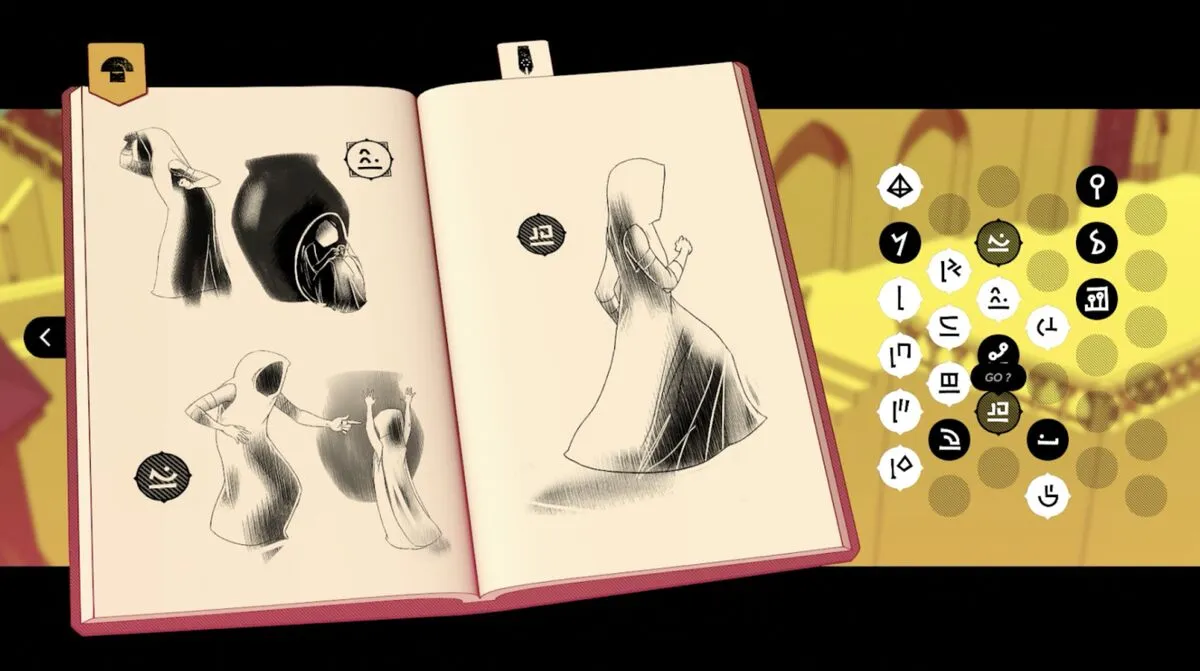I played it - and if it was truly only made by two people is quite impressive - but it’s just alright. The world is very cool, and is structured around multiple levels of a tower each with their own language that you need to learn to progress. My main issue with the game is that the differences between these languages, and the puzzles built around them, aren’t particularly interesting or deep or varied. There are a few gems, but overall it’s much closer to a traditional adventure game than you might expect on first glance.
That said, the art and world design are very cool.
Edit: As an aside, it’s worth noting that the Steam Reviews metric is a tad misleading in a similar way to Rotten Tomatoes, in that it only gauges ratio of positive reviews, over what those reviews are actually saying. A universal consensus of a game being a 7/10 (if we assume 7/10 is positive) will appear “better” than a game where 99% of people believe it is a 10/10, but 1% think it sucks. It’s good at predicting whether you will like it, it is bad at predicting how much.
Edit: As an aside, it’s worth noting that the Steam Reviews metric is a tad misleading in a similar way to Rotten Tomatoes, in that it only gauges ratio of positive reviews, over what those reviews are actually saying. A universal consensus of a game being a 7/10 (if we assume 7/10 is positive) will appear “better” than a game where 99% of people believe it is a 10/10, but 1% think it sucks. It’s good at predicting whether you will like it, it is bad at predicting how much.
I’m not sure how relevant this is, since your described situation pretty much doesn’t happen. Like so many things in life, reviews are expected to follow a normal distribution. There are definitely counter-examples (e.g. shitstorms leading to massive downvote waves), but due to the large number of reviewers things should average out for normal cases.
I suck at math, but if the mean is sufficiently over the “positive” threshold, and there’s a low standard deviation across reviews, wouldn’t this have the problem I describe? The more certain people are about the quality of good games, the less relevant the ratio becomes, which is perhaps the opposite of what you would want.
I suck at math, but if the mean is sufficiently over the “positive” threshold, and there’s a low standard deviation across reviews, wouldn’t this have the problem I describe?
Since Steam reviews are only positive or negative, not on a point scale, I’m not sure how this problem would come to pass. The distribution of reviews around the mean are expected to be similar for your described 10/10 game and the 7/10 game, and since the review system itself is only boolean in nature there is no distorted result.
The more certain people are about the quality of good games, the less relevant the ratio becomes, which is perhaps the opposite of what you would want.
Why does the ratio become less relevant the more certain people are about the quality of good games? Again, the review is only positive or negative, no actual review number assigned. In which cases do you expect the ratio to drift away from the actual useful information?




